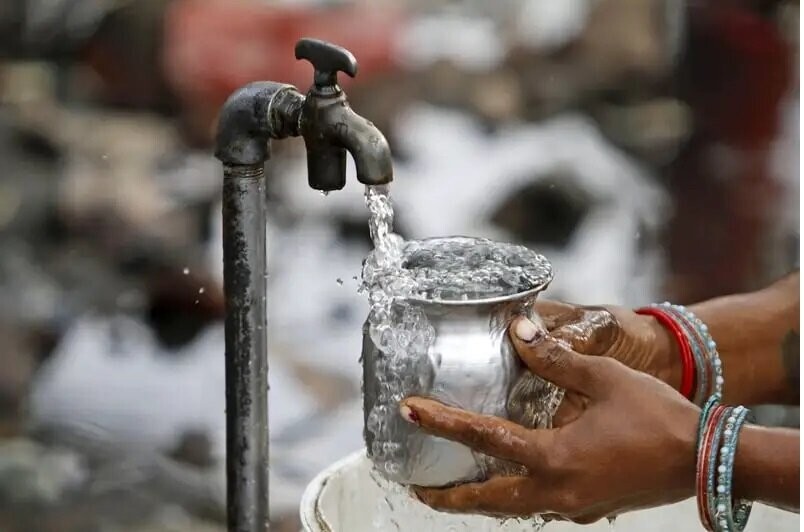India's Controversial Hygiene: Why the Left Hand Is Considered "Unclean"
India is a country of contrasts, anyone will tell you that traveler. In it, as in everything unusual and mysterious, together centuries-old traditions, magnificent nature, harsh customs, bright colors and amazing, but sometimes frightening rituals. 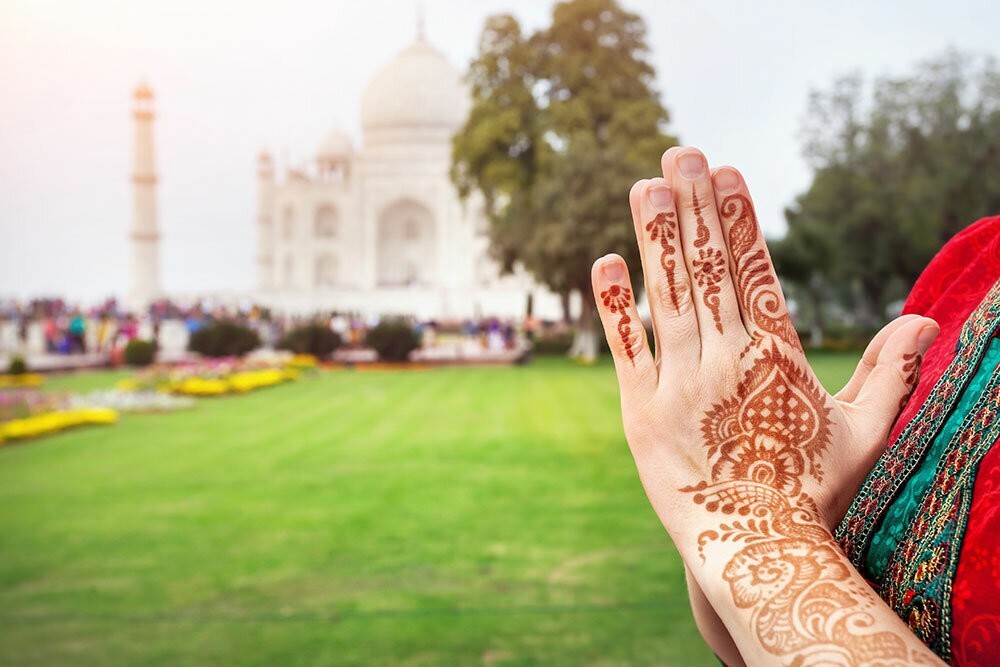
To a European who has come to India, everything in this country seems incredible, ranging from the heady aroma of spices floating in the air, and ending with the unusual habits of the locals. 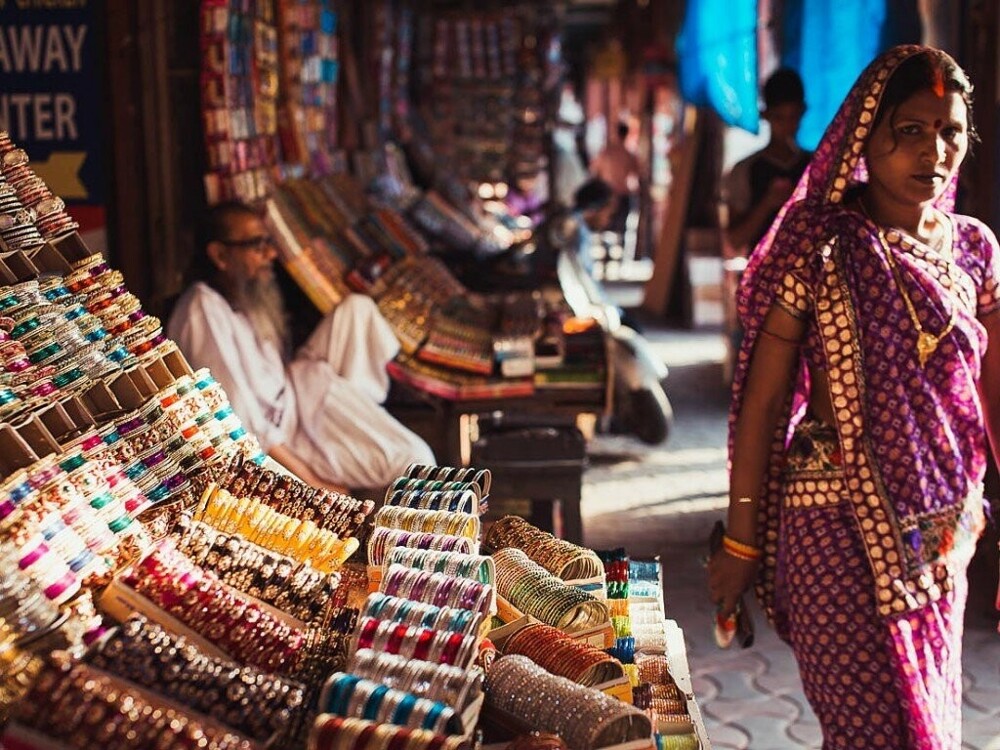
One of these piquant nuances of the life of local residents is the complete absence of paper in the toilet rooms. And this applies to both public toilets and latrines located in expensive hotels and restaurants. No paper, just a faucet, which often mounted directly into the floor, mug or jug of water. 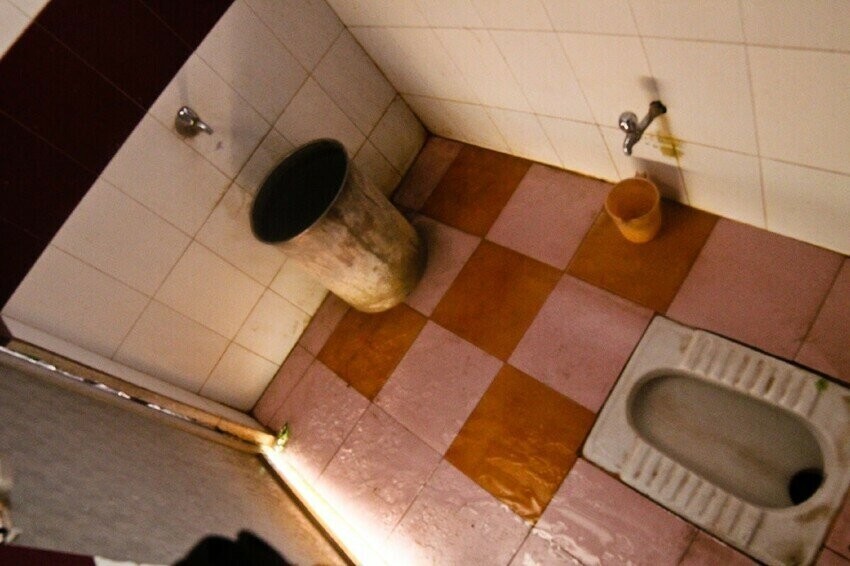
The fact is that Hindus consider toilet paper extremely inefficient, but water is a completely different matter! This habit maintain proper body hygiene with water has existed in India since time immemorial, because wood, and accordingly, paper has always been in short supply. 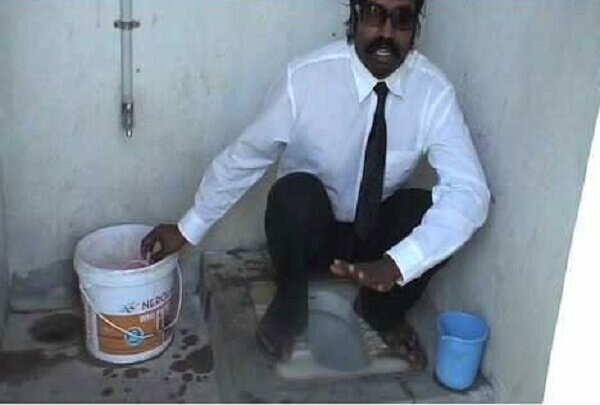
Therefore, today in Indian toilet rooms there is always there is a jug or mug with clean running water, and all hygienic procedures are carried out with the left hand, which is then thoroughly washed with the right, watering from a mug. And this, I must say, also has its own sacred meaning. 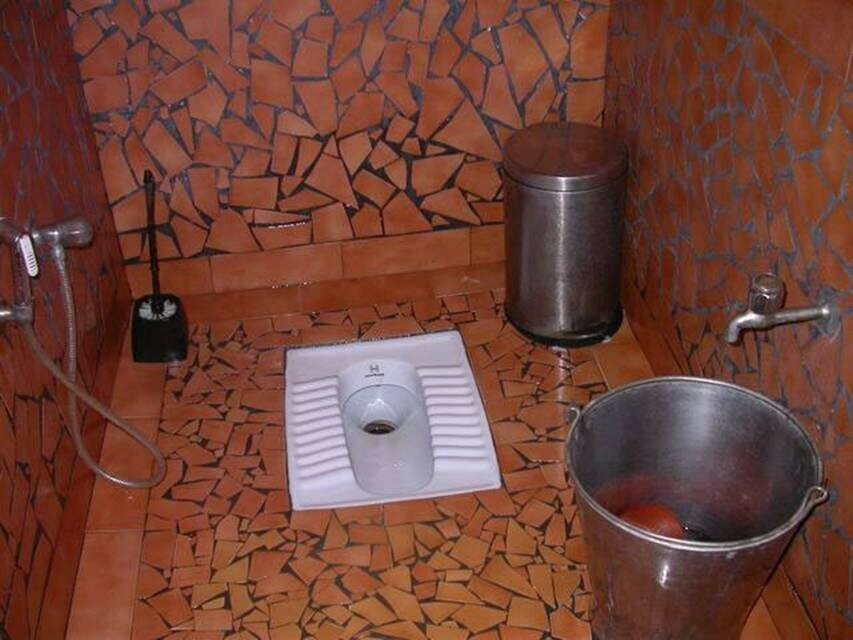
In India, there is a strict rule: "The right hand feeds body, and the left washes it." Therefore, the left hand of the Hindus is considered impure. Eat, bless, take and give local things or money residents exclusively with their right hand. But to carry out all these manipulations the left hand is considered invalid. 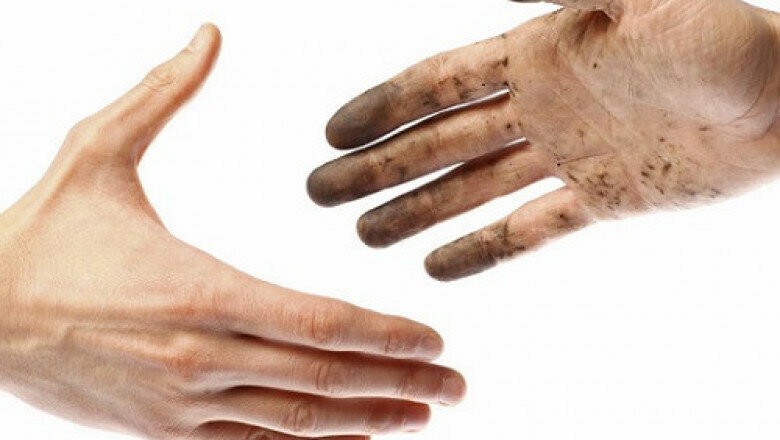
Europeans often forget about this rule, and sometimes holding out, say, money to a local merchant with his left hand sincerely wonder why he throws his purchases at their feet. In India, the theory the fact that money does not smell works differently: it smells very much if it give with the left hand. 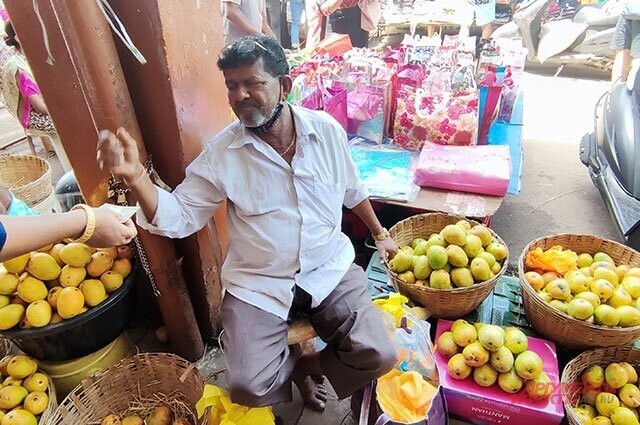
Toilets, by the way, according to the Indians, the thing is the same extremely impractical and uncomfortable, like toilet paper. Therefore, in most there are no houses or establishments. Install toilets exclusively where a picky European tourist can drop in, who, without a toilet, as you know, not enough. 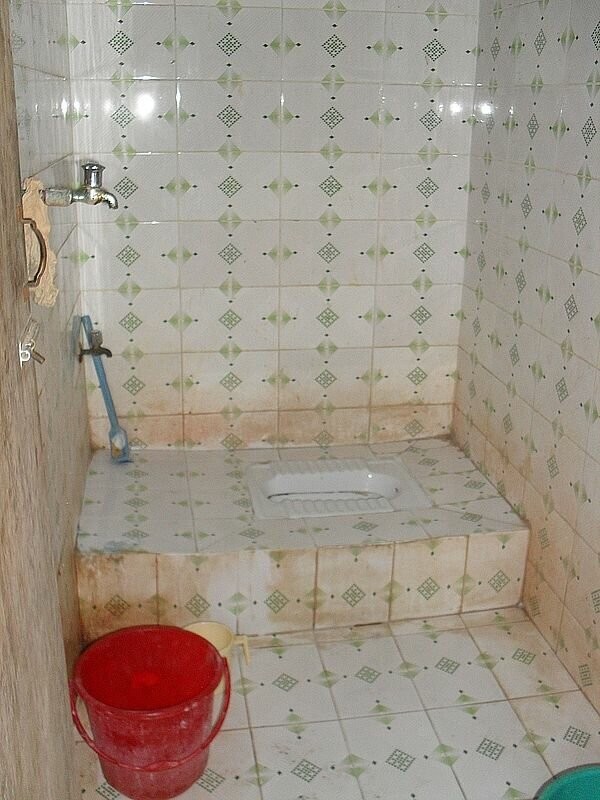
For example, in high class trains or in expensive hotels often you can see such a phenomenon as "double toilets" - "European style" and "Indian/Asian style". I think you understand what does it mean. Therefore, all lovers of wandering through non-tourist routes should be aware of this feature. 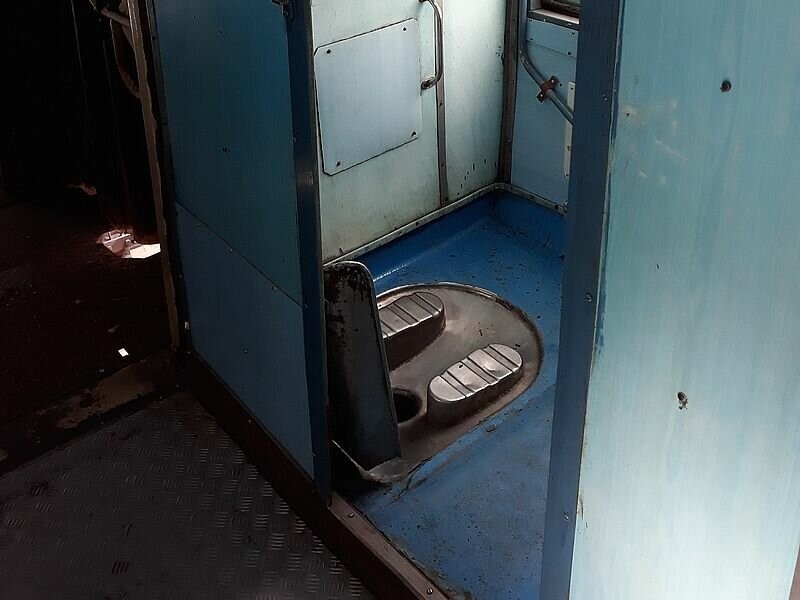
By the way, in India such a miracle is quite common. appliances like a hybrid toilet and bidet. It looks, at first glance, like an ordinary toilet, but a thin tube is screwed to the back of the seat, which has a separate tap. In general, a very convenient device, that's just the pressure of water in this tube, to put it mildly, unpredictable. Hindus do not consider it necessary (or important) to check it in advance, so anyone who decides to use this device can expect an unpleasant surprise. 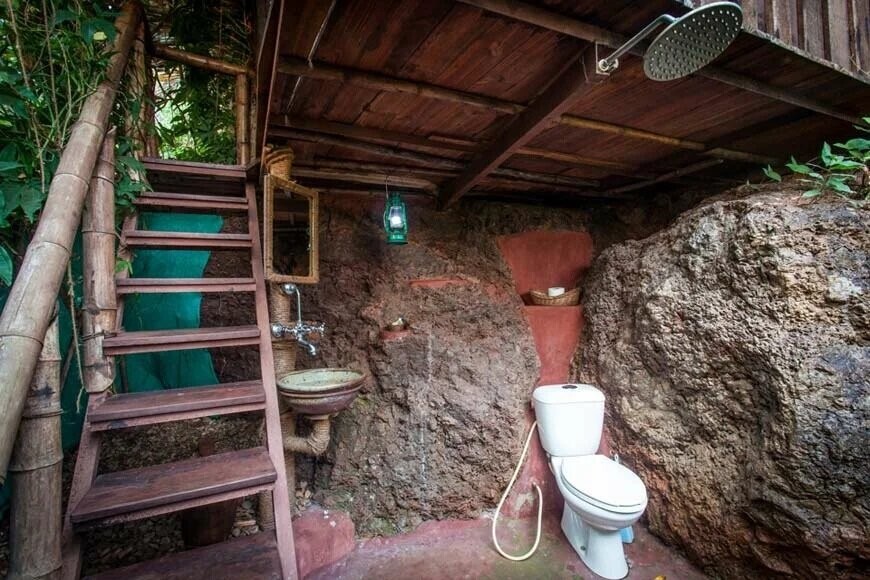
What about the soul? Indians also have a special relationship with him. For example, Indian showers do not have hot water, only cold water. In India warm enough, and heat the water with the help of additional devices no need - it heats up on its own. 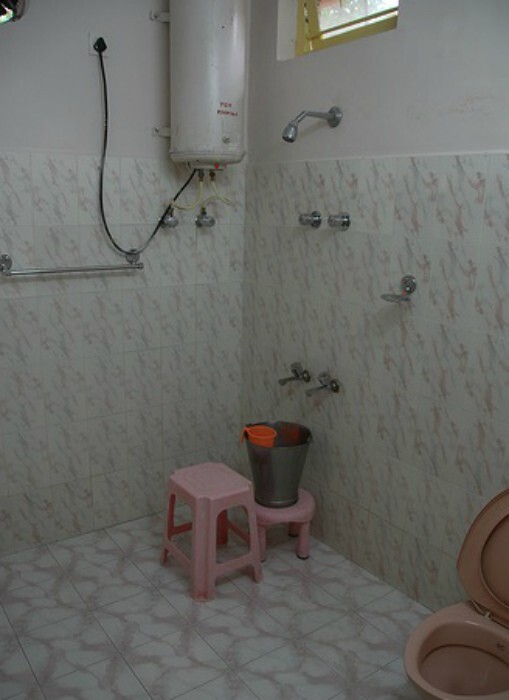
And in general, Indians have no problems with where and how wash up. In the end, there are always waters of the great Ganges, on the banks whom they perform ablution, wash clothes, wash cattle and spend funeral rituals. But not everything is so sad. 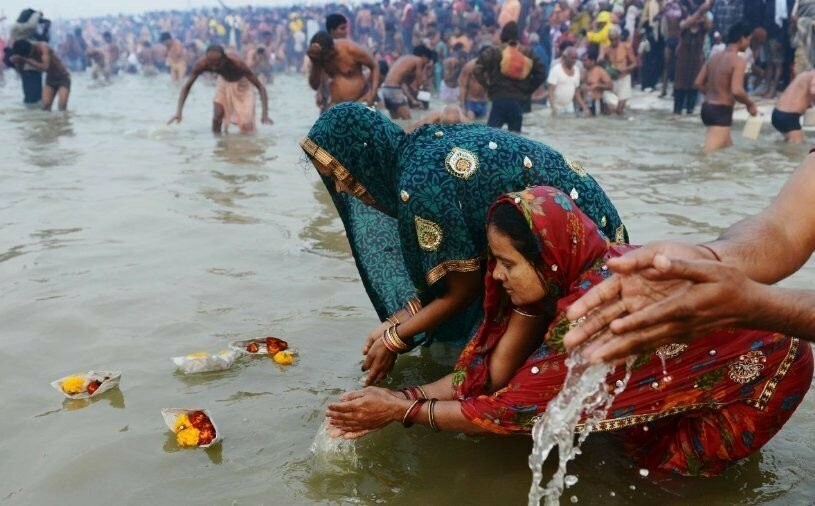
In crustAt present, the Government of India has been spending huge funds for the construction of water pipelines and water treatment to ensure local residents and tourists with clean drinking water. So today columns where people can get water, wash, wash and even drink, installed almost everywhere. 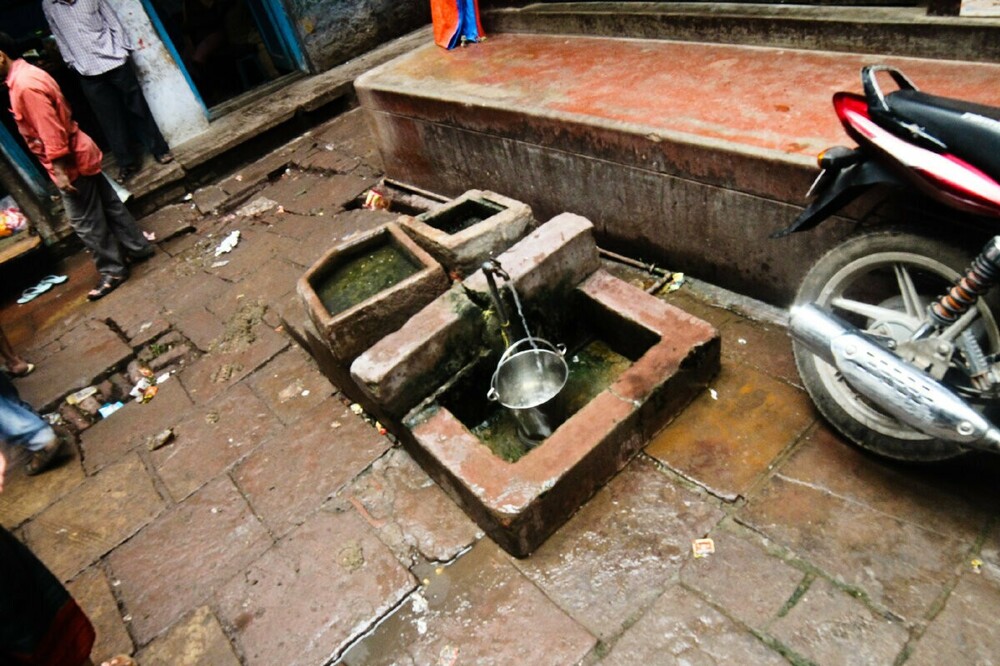
But here there is a small caveat. With pampered European Indian water can play a cruel joke on the stomach. She's still different. from the one to which most visiting tourists are accustomed. It's like with Indian cuisine: an untrained body simply will not accept it properly! Therefore, the authorities strongly recommend tourists, newcomers to India to buy bottled drinking water. So say just in case... 